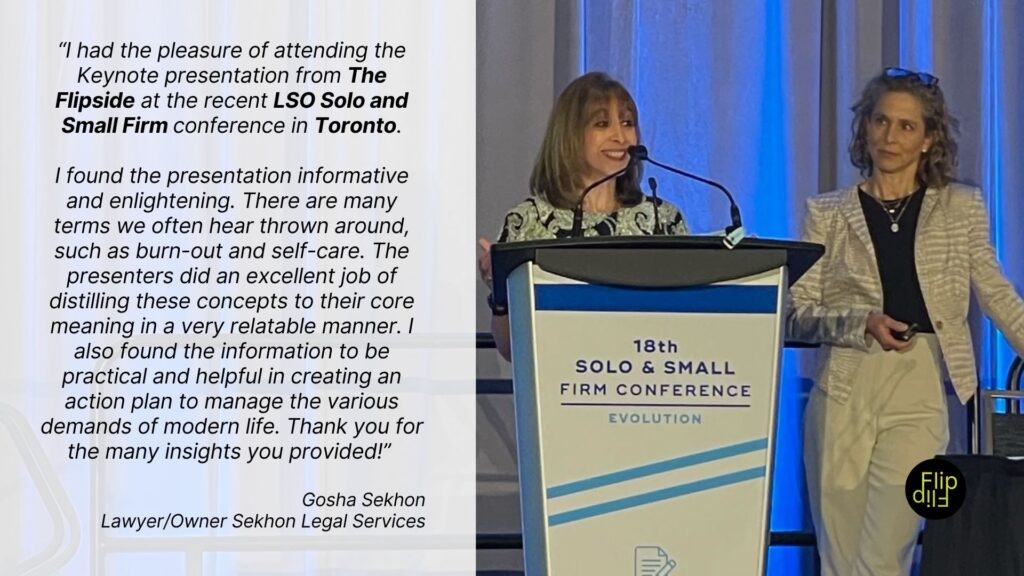Food
How to survive a busy week.

Here and there, I face very busy weeks packed with meetings, deadlines, clients, commuting, family activities, and it usually comes with some extra hours of work after dinner, all while waking up early to fit in an exercise routine.
It may sound counterintuitive, but when your days and week are committed to the second, this is when it is most relevant and crucial to plan some time, little breaks here and there, to stay in balance. What you eat, but also how you eat might be the key to making it or breaking it.
Here are 5 things to keep in mind when facing a more than usual, busy stretch of days. These simple ideas (briefly explained) will improve your performance throughout your day and help you keep your stress at bay. Try them out on your next “crazy” week.
Eat Breakfast. No. 1.
No matter what, eat breakfast. Food provides energy to your brain and body and no breakfast is associated with decreased focus, sugar cravings and overeating throughout the day. One of the most common practices when under pressure, is to skip breakfast, grab a coffee (or two) and dive directly into work fearing time will never suffice. By mid-morning, your body and your brain start to desperately ask for fuel, and usually, the call is for sugar!
The reason behind this is that the preferred source of energy for your brain and body is carbohydrates and if hungry and stressed, the option ends up being something like … a doughnut (or a pack of). The problem is that these options give you a quick lift, only to start craving more of the sort 30 minutes later. And the pattern repeats, sucking your focus and concentration from what is essential.
Taking time to eat a healthy breakfast before starting to work will give your brain and cells enough energy to be able to focus for 4 to 5 hours before feeling hungry again. Isn’t this what you want? The ability to concentrate and perform?
Keep a stock of SuperHero Muffins in your fridge. They are rich in nutrients and will satisfy both taste and hunger. If you are on the run and need some sweetness, prep some smoothie packs and keep them in your freezer. It will take you 5 minutes to blend with your preferred milk, add seeds and nuts and take it with you.
Screen-free Quick Lunch. No. 2.
Have a light meal (soup or a salad), but do not skip it. The nervous system can suppress any “rest and digest” activity if stress is activated. If you have a burger and fries and a soda, most likely you will have trouble digesting it, carrying a heavy stomach throughout the afternoon. Let the good stress drive your afternoon by eating an easy-to-digest lunch.
Take a lunch break away from your desk and device, even if you only have 7 minutes, but make sure you are looking away from your electronic devices. Why? Because your eyes need a break from the screen to release your brain from “stress mode”. A short lunch looking out the window is the perfect occasion.
Be mindful of what you are eating, force yourself to slow down (even if your mind is speeding away) and disengage your eyes from any focus.
Plan your meals. No. 3.
Cook in advance. Yes, take some time from your weekend or previous days to plan the week’s menu and prep your meals. If you know the week ahead will be a busy one, with short transition periods, little time to spare and potentially some extra after-hours work, then this is when you need to have food in the fridge and take away unnecessary stress at home.
For breakfast, prep some rich smoothie packs, banana bread, veggie muffins or frittatas. For lunch, store ready-to-take bowls of your choice and tasty dressings in small containers. For dinner, have easy-to-heat options and a clean salad to mix in a minute. Be ready or you will end up eating pizza four nights in a row.
Drink Water. No. 4.
When busy and stressed, ramp up your water intake. If this requires a timer, then set it every 20-30 minutes. Water will flush your stress hormones keeping your energy levels balanced. Water will make you stand up and go to the washroom, which is useful to move more throughout the day. Water will reduce your cravings substantially.
If dehydrated, fatigue builds up quicker, and the need for sugary foods increases rapidly, relying on sweet food to keep our attention levels up. If the timer strategy does not work, try to build in glasses of water throughout the day: one glass upon waking and one glass before any other food or drink. So, if you are to drink a coffee, take one glass of water before, and so on.
Rethink coffee. No. 5.
Coffee is a stimulant, and as such, it helps with alertness and focus. The problem with coffee is the timing and the dose. During busy weeks, try to push your first coffee at least one hour after waking up. Allow your brain to naturally activate and engage, so when the caffeine hits your system, you take advantage of the effects of caffeine if this is what you desire.
Caffeine has a “half-life” of 6 to 7 hours in your nervous system. This means that if you take your first caffeinated drink at 8 AM, by 2 to 3 PM, you will feel the caffeine crash and tend to go for another coffee. But what happens if you take one or two cups of coffee in the afternoon? The caffeine crash will happen after dinner but still “half” of the caffeine will be navigating in the bloodstream, preventing your brain to have restorative sleep.
Coffee can help you if used wisely, but too much coffee may break you, mostly in stressful times.
Help yourself in achieving your goals when times are hard. But mostly, make the small yet smart choices that will allow you to come out strong from those turbulent weeks. And as always, let us know how it goes.
Stay well,
Rosana





